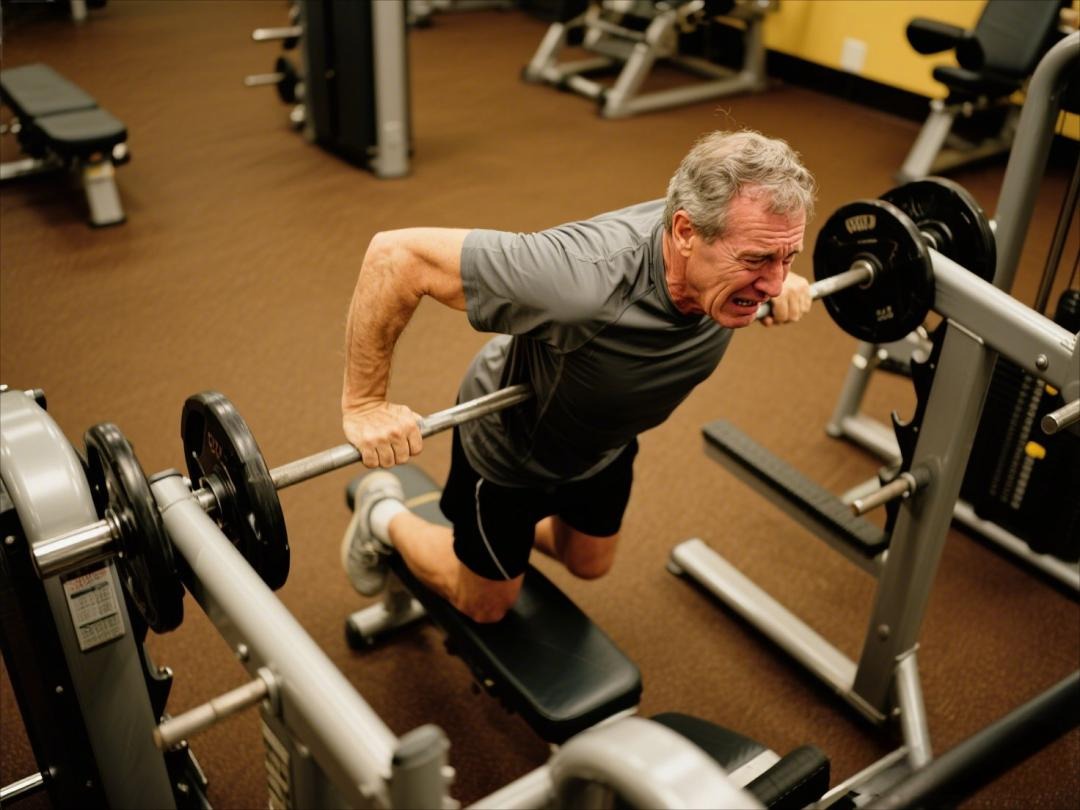Deciding whether to hit the gym or stay in bed when you're sick is one of those modern-day dilemmas that can leave even the most disciplined fitness enthusiasts second-guessing themselves. On one hand, you've got that voice in your head saying, "No pain, no gain," while on the other, your body is screaming, "Just let me sleep for five more hours." So, what's the right call? Well, it depends—mostly on where your symptoms are camping out in your body and how intense they are.
The "Above the Neck" Rule: Your Go-To Guide
If your symptoms are strictly above the neck—think stuffy nose, mild headache, or a scratchy throat—you might be in the clear for some light exercise. Dr. Luz, a sports medicine specialist, backs this up, explaining that these symptoms usually indicate a minor viral infection that won’t necessarily get worse with movement. In fact, a brisk walk or some gentle yoga could even help clear out congestion and give you a temporary energy boost by improving circulation. But here’s the catch: if you push too hard, you risk prolonging your recovery. So, if you’re going to move, keep it low-key—no marathon training or heavy lifting.
When Your Body Says "Absolutely Not"
Now, if your symptoms are below the neck—fever, body aches, chest congestion, nausea—your body is basically waving a giant red flag. Dr. Chow, an infectious disease expert, warns that these symptoms mean your immune system is in full battle mode, and adding physical stress to the mix could slow down your recovery or even make things worse. A fever, in particular, is a hard no. "Your body is already working overtime to fight off infection," Dr. Luz explains. "Exercising could divert energy away from that fight, leaving you more vulnerable." And if you’re feeling dizzy or lightheaded? Skip the workout entirely—your body needs rest, not burpees.
The Immune System Myth: Exercise Isn’t a Cure-All
Here’s a reality check: while regular exercise does strengthen your immune system over time, working out while sick won’t magically speed up your recovery. Dr. Chow puts it bluntly: "Exercise doesn’t make you heal faster when you’re already sick." In fact, overdoing it can backfire, leaving you more fatigued and prolonging your illness. So, if you’re feeling guilty about skipping a workout, don’t. Dr. Eby reassures us that a few days off won’t erase your progress. Fitness is a long game, and sometimes the smartest move is to take a breather.
If You Must Move, Do It Smartly
For those who just can’t stand the idea of skipping a workout (we get it—habits are hard to break), the key is to dial it way back. Swap your usual HIIT session for a leisurely walk or some restorative yoga. Dr. Eby suggests shortening your workout, taking extra rest breaks, and paying close attention to how you feel. Hydration is non-negotiable—illness and exercise both dehydrate you, so drink up. And please, for the love of all things sanitary, keep your germs to yourself. If you must go to the gym, wipe down every piece of equipment you touch, avoid group classes, and wash your hands like you’re prepping for surgery.
Listen to Your Body—It Knows Best
At the end of the day, the best advice is simple: listen to your body. If you’re exhausted, rest. If you feel okay but not great, keep it light. And if you’re debating whether you’re too sick to work out, chances are you should probably skip it. As Dr. Chow wisely puts it, "If you’re sick, your body is already working hard enough. Don’t make it work harder." So, next time you’re under the weather, give yourself permission to take it easy. Your immune system (and your future self) will thank you.
Bottom line? Exercise can wait. Recovery can’t.
























